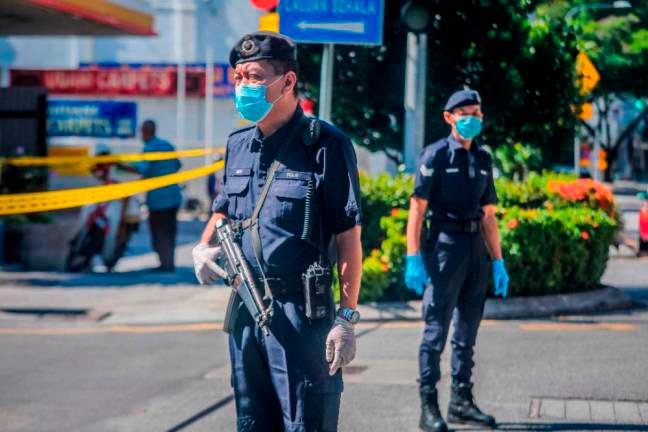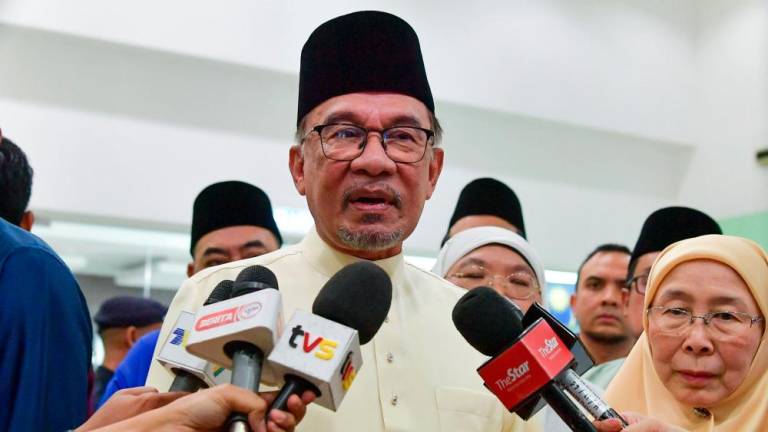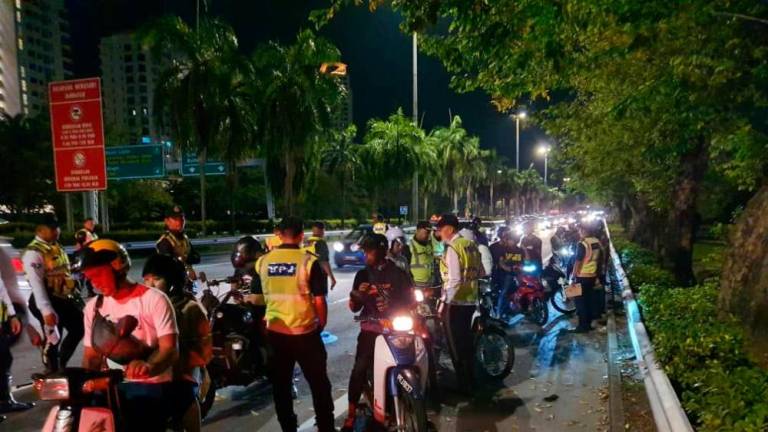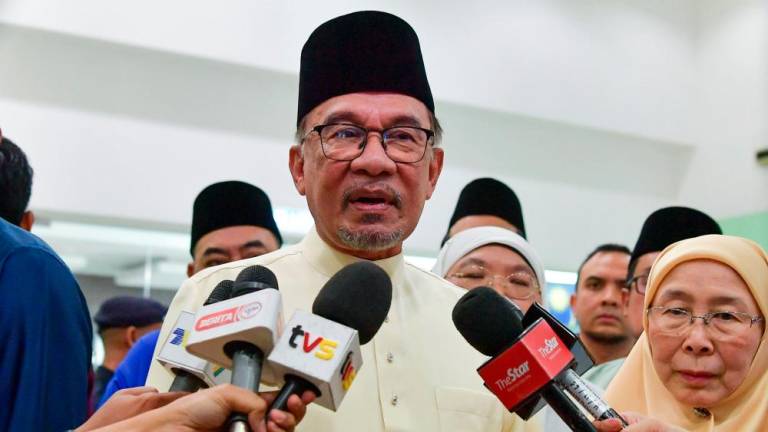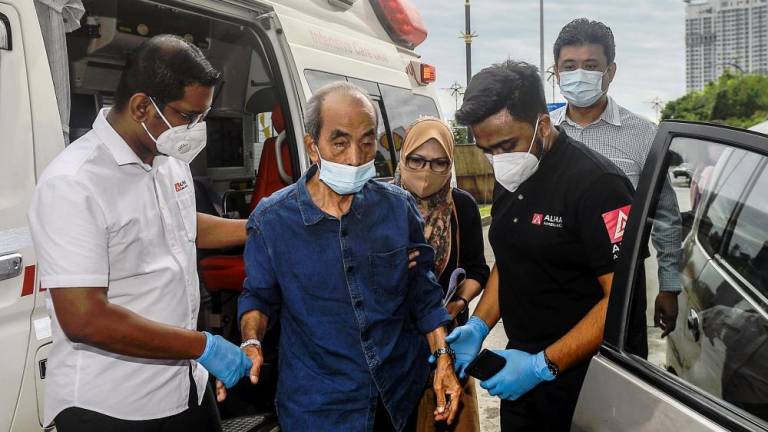FOR more than 120,000 members of the police force, 2020 will probably go down as one that was unusual and peculiar, and not typical of their regular duties.
Wearing many hats and having taken on multiple roles, including maintaining peace in the nation and fighting crime, they were sent to the frontlines to counter “criminals” of a microscopic kind.
Police had started a task to contain the Covid-19 pandemic just a month into the year, such as tracing several Chinese nationals who dodged quarantine in Johor Baru after being held on suspicion of carrying the virus during the early stages of the outbreak.
A lockdown was imposed on March 18, marking the beginning of the movement control order (MCO) under laws of the Prevention and Control of Infectious Diseases Act 1988 and the Police Act 1967.
The arduous task of manning thousands of checkpoints and sniffing out dodgers of the lockdown required a large number of police personnel on the ground.
This led to desk-bound police personnel being roped in and reassigned to assist in enforcing the MCO.
Just as it was a tough task for medical frontliners, police personnel were also pushed to the edge, putting in long hours daily.
Fortunately, the military stepped in and deployed several thousand soldiers to assist the police within days after the MCO was implemented.
Although the MCO compliance rate was more than 90%, thousands who defied the order were hauled up and had to pay dearly after being issued summonses or taken straight to court.
Among those charged for breaching the order were Umno president Datuk Seri Ahmad Zahid Hamidi’s daughter Datuk Nurul Hidayah and her husband Datuk Saiful Nizam Mohd Yusoff in May.
However, the MCO had a silver lining as street crimes plunged by almost 48% while overall crime rates declined by 23% nationwide due to the heavy presence of cops on the ground.
Other categories of crimes such as break-ins and violent crimes dropped by between 60% and 70% at the height of the MCO.
Narcotics and contraband pipelines were also cut off, forcing dealers to opt for e-hailing or parcel delivery services for delivery.
However, scam syndicates took advantage of the lockdown and operated within the confines of their hideouts.
Besides Macau scams that involved various schemes to fleece victims, scammers raked in about RM300 million by making irresistible but non-existent wholesale offers of low-priced face masks, sanitisers and other protective gear synonymous with the pandemic.
Among those who suffered the highest loss was a 90-year-old retiree, who was hoodwinked into parting with RM4 million in Petaling Jaya in June.
The death of police corporal Safwan Mohamad Ismail, 31, who was killed after being run over by a drunk driver while manning an MCO checkpoint in Kajang in May, also received wide news coverage.
Although police frontliners received public recognition and praise for their sacrifices, it was not all glitter as there appeared to be a rise in crimes by rogue cops.
Among the serious cases were that of the alleged rape of two Mongolian women by a police inspector in Petaling Jaya in April, and the alleged extortion of RM3 million to cover up the illegal activities of a drug dealer in Cheras in February.
There were also numerous other cases of extortion by cops on those who breached the MCO.
While the virus outbreak hogged the news throughout the year, several cases of interest also raised eyebrows.
In mid-January, the Malaysian Anti-Corruption Commission went public with several audio recordings with damning content related to the 1Malaysia Development Berhad scandal.
The conversations were allegedly between former premier Datuk Seri Najib Abdul Razak, his wife Datin Seri Rosmah Mansor and other individuals.



